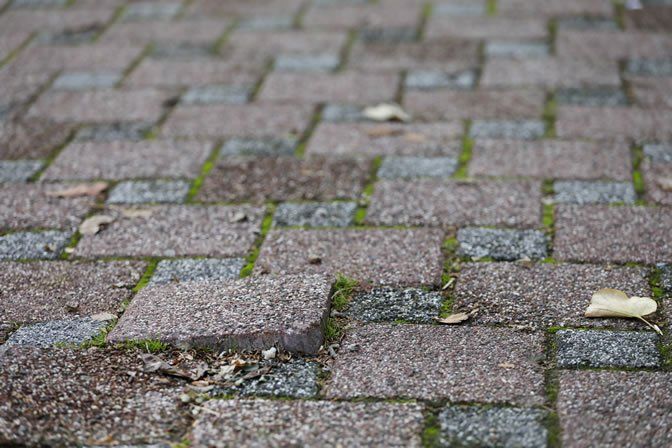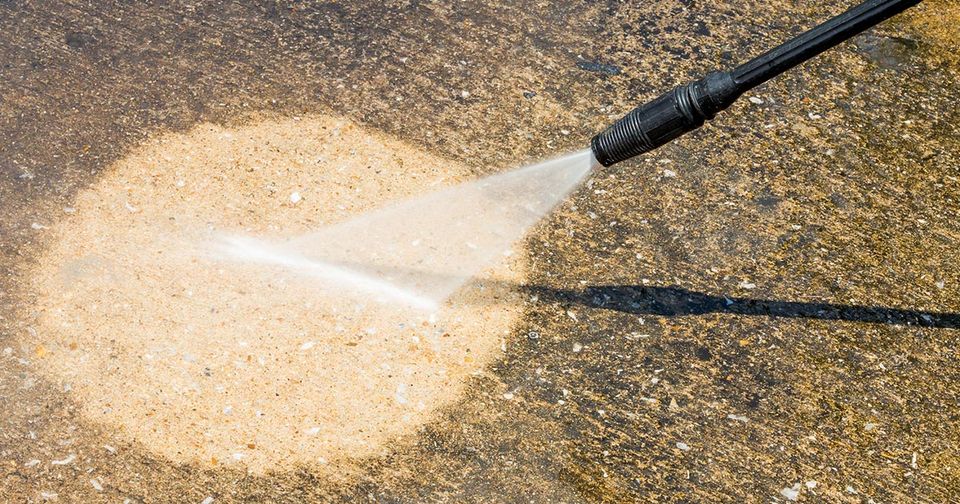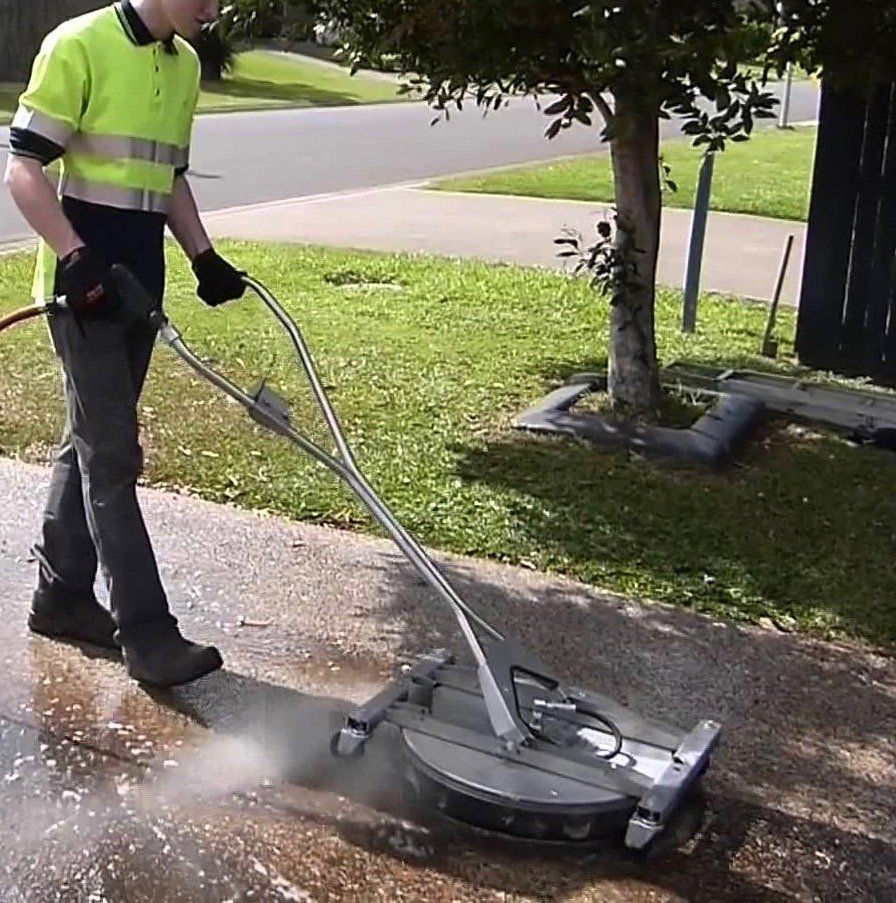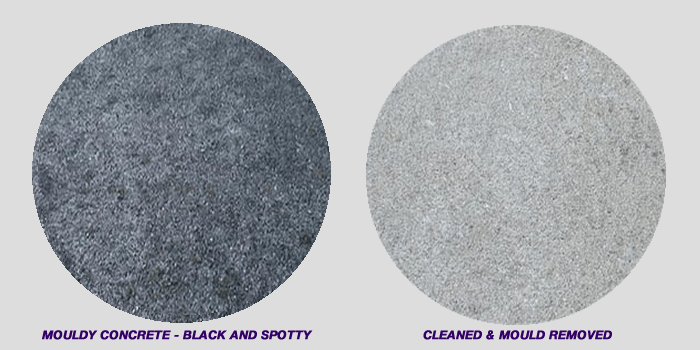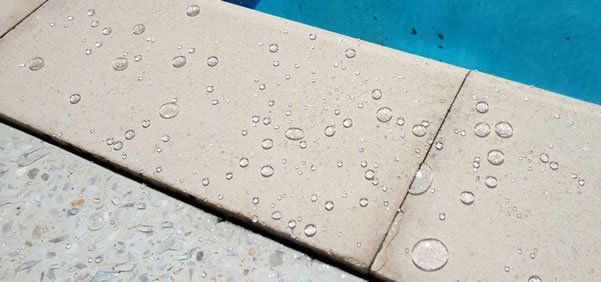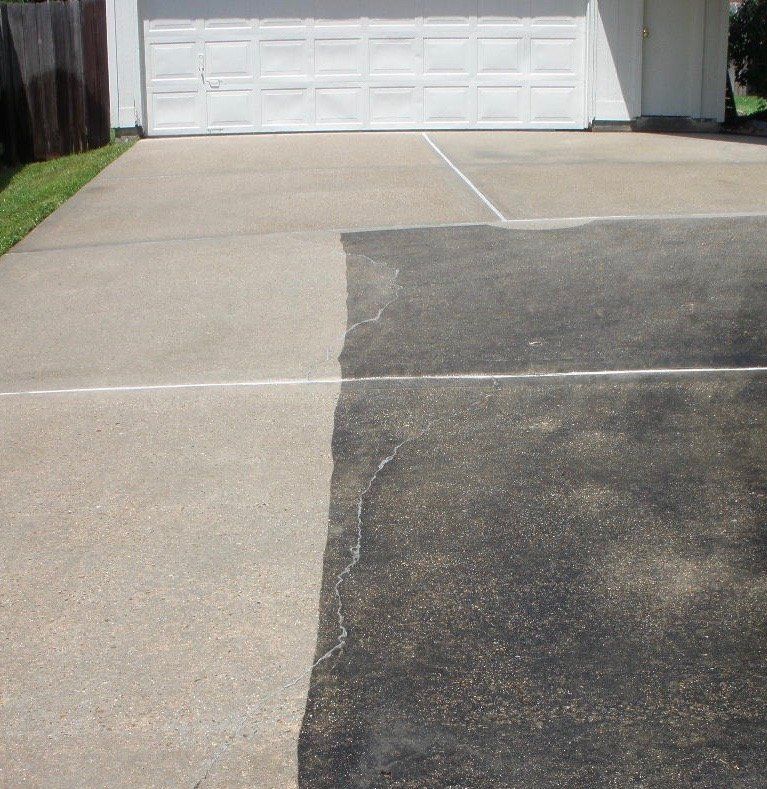Can Mould Damage My Concrete and Pavers?
Why does mould grow on concrete and pavers?
Knowing the reasons why mould grows can help in taking steps towards removing it and slowing the re-growth. Mould is a natural, organic organism that spreads through spores and filaments and can settle and then spread on your exterior floors.
There are thousands of different types of mould species. Many are harmless to humans, however some can represent health risks. Typically these would be allergy symptoms, respiratory distress and some other forms of illness.
Certain conditions help mould grow and reproduce. Shade, moisture and organic materials are they keys. Concrete and pavers can provide nourishment and moisture for mould to trap and feed on organic matter, reproduce and spread to other areas.
Can mould cause permanent damage?
Mould filaments grow into the capillaries of masonry to extract moisture and even some filaments. The mould often releases acidic compounds which break down and weaken cementitious materials like the surface of your concrete and pavers. Long term exposure can result in permanent staining and eventually even pitting. Clay pavers and some dense stones are more resistant.
Can I fix the problem with sprays and chemicals?
Many retailers promote 'miracle' sprays like Wet & Forget and 30 seconds. Do they work? May be a little bit, but not anywhere near well enough to warrant the expense and time involved in applying them. Here are the key issues:
- If it sounds too good to be true, chances are it isn't true.
- We come across many customers who have tried these solutions and the common feedback has been .... it doesn't work.
- These sprays kill and bleach some of the mould and moss, but don't actually remove them from the surface. This means the floor will still not look clean and as a result the rate of re-growth is likely to be significantly quicker compared with a professional clean and treatment.
- Not only are these products not effective, they are also exceedingly expensive. Imagine having to buy enough to evenly treat your outdoor floors? And then possibly re-treating the areas where the mould is particularly stubborn..... only to find you are not happy with the outcome.
The professional solution
Jetclean has been successfully removing mould from concrete and pavers in Adelaide and Melbourne for many years.
Our process involves a thorough pressure clean of the area(s). This generally removes the vast bulk of the problem. Particular attention is paid to areas where mould is evident and often an additional cleaning effort is applied to get the right result.
Once the floors have been carefully cleaned and detailed the Jetclean operator will apply our in-house mould remover blend. The mix is often adjusted to suit the condition of the masonry and then applied via pump pack sprayers. After about 10-20 mins the mould remover has visibly killed and dissolved most, if not all of the mould that was present. In severe cases a re-application of our mould remover may be necessary to optimise the outcome.

